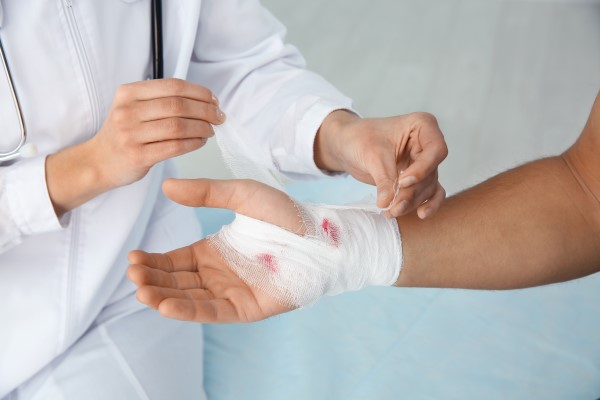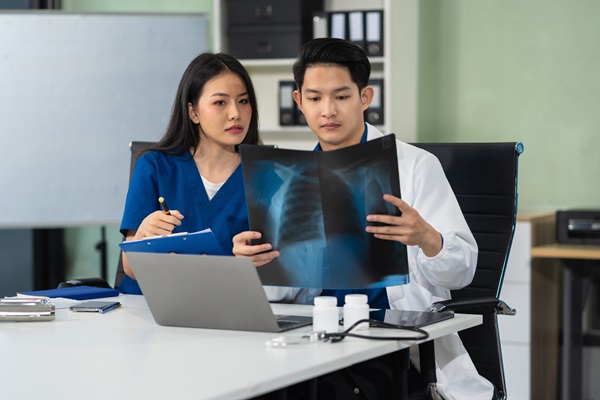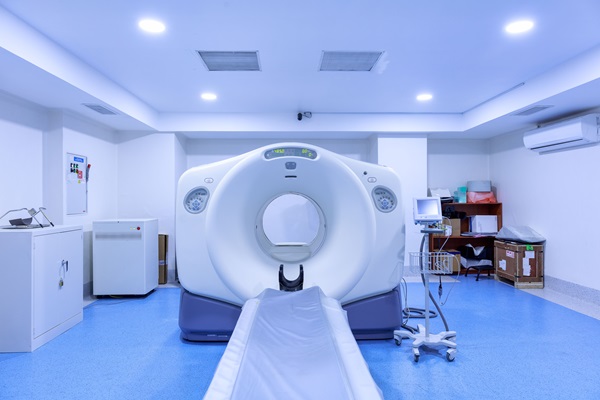Laceration Care from an Urgent Care Clinic

It is always prudent to seek proper laceration care after a minor injury, such as a laceration. Urgent primary care includes the treatment of such an injury. Each situation differs from another. Making sure that you know proper first aid will help you make the right decision in an urgent situation. If you want to learn more about laceration care straight from an urgent care clinic, here are the facts.
The first steps
The moment the patient is cut, the first thing to do is stop the wound from bleeding. The patient or someone with the patient should place pressure on the wound. A clean towel, tissue, or bare hands is enough to help do this. If the laceration is spewing blood or still bleeding after 10 minutes of continuous pressure, seek urgent care.
When self-treatment is acceptable
Anyone can treat most minor lacerations without formal medical care. Once the bleeding stops, the patient has to clean the wound with warm water and mild soap. Then, an application of a topical antibiotic follows. The patient should wrap a sterile bandage around the laceration.
Urgent laceration care is an order if the wound is from a rusted object, an animal or human bite, and other dangerous items. The patient should also seek urgent care if the wound is deep or there is damaged bone or muscle. If the patient has not received a tetanus booster shot in the past five years, the patient should leave for urgent care. Covering the wound and applying pressure on it during transit is ideal.
When laceration care includes antibiotics
Most surface injuries need minor laceration care in the form of wound cleaning and dressing. These lacerations heal on their own if the patient has a normal immune system and a clean living space. The patient will need antibiotics if the wound is deep, has jagged edges, or is on places with poor circulation, such as the feet. It also needs antibiotics if it was in contact with infectious materials.
Some doctors include antibiotics in the laceration care for senior patients or patients with autoimmune diseases (HIV/AIDS). These patients have weak immune systems. Their wound must heal right away. This will prevent the infection from worsening and becoming life-threatening.
Reasons for closing lacerations
In laceration care, closing the laceration may have to happen. The doctor may suture, use tissue glue or apply steri-strips. Closing lacerations is vital to prevent infection. It also helps restore the function of the area. If the muscles or tendons are cut, the doctor must repair them. Wounds that do not receive proper tissue repair may not function the same way again.
Doctors close lacerations to bring back the pre-injury appearance. The aesthetic value of these areas is important for the patient’s self-image. Doctors should be careful when stitching the lacerations on the face, neck, arm, hands, legs, or feet. There should be minimal scarring in these areas.
Getting immediate laceration care will help you recover sooner
Lacerations vary in size and depth. The only way to preserve the tissue and prevent complications is to have proper laceration care. You can start this during an emergency until you arrive at the urgent primary care facility. Calling the emergency number in your area can provide you with immediate laceration care.
Get more information about Texas Urgent Care & Imaging Center in New Caney at https://tx-urgentcare.com.
Check out what others are saying about our services on Yelp: Read our Yelp reviews.
Recent Posts
X-rays are popular tools medical professionals use to diagnose a wide range of health conditions quickly and safely. They allow these professionals to see inside the body without invasive procedures, making them invaluable in urgent and primary care settings. Whether identifying fractures, monitoring chronic conditions, or detecting abnormalities, X-rays are critical in ensuring timely and…
A CT scan, or computed tomography scan, is a diagnostic tool that provides detailed images of the body’s internal structures. This non-invasive procedure helps medical professionals diagnose and monitor various conditions, from injuries to chronic illnesses. Knowing what to expect during a CT scan can ease concerns and prepare patients for a smooth experience.A CT…
If you work in public transportation, you may need to have a DOT drug screening. The Department of Transportation (DOT) regulates this test and requires it for you. You might be wondering what this test is like. Keep reading to learn more.Congress passed the Omnibus Transportation Employee Testing Act in 1991. Congress knew that the…
Walk-in clinic provide convenient, accessible health care for non-emergency medical needs, making it an ideal choice when immediate attention is necessary. Understanding when to visit a clinic can help patients save time, avoid unnecessary trips to the emergency room, and receive quality care for their health concerns. These clinics handle various issues, offering fast, professional…


